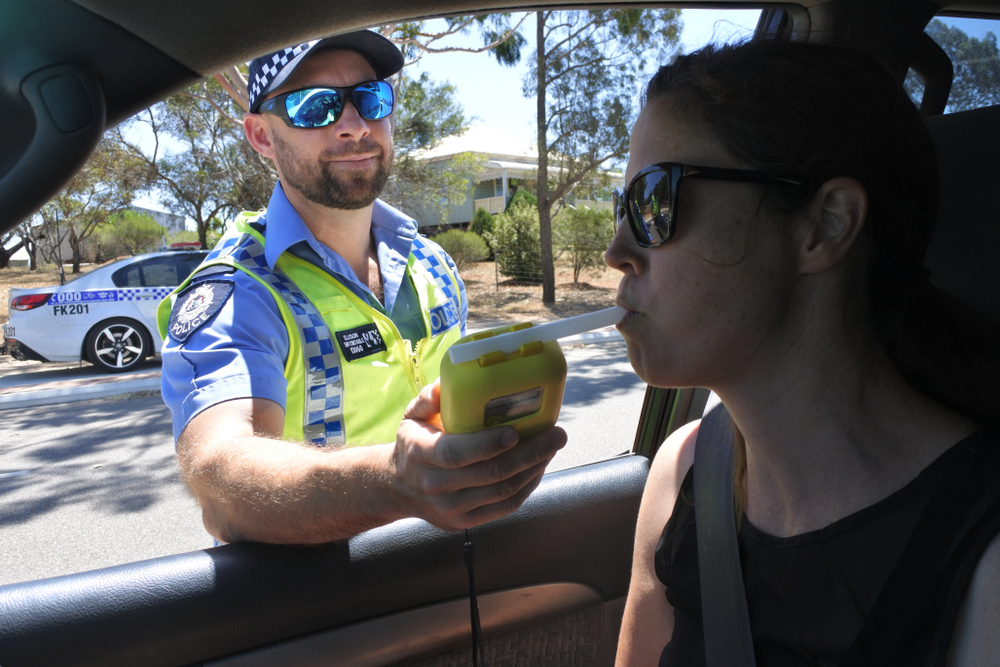
Driving Under the Influence of Medical Marijuana is Illegal – Yes, Even With a Prescription
Since medicinal marijuana was legalised in 2016, it’s use has been on the rise in NSW. Though accessible through prescription, driving after using medicinal marijuana will still result in a loss of licence.
‘Drug driving’ as it is known, is actually two separate offences: a presence offence, in which the presence of an illicit drug is found in an individual’s system, and driving under the influence, in which an individual’s driving is found to be impaired due to the use of a drug or other substance.
The main compound of marijuana, which is present in some – but not all – forms of medicinal marijuana is THC. A psychoactive compound, THC is responsible for the ‘high’ experienced when ingesting the drug, and it is this compound that is tested for during mobile drug tests on NSW roads.
Chief of the Centre for Road and Maritime Safety, Bernard Carlon, explains why, despite medicinal cannabis being legal, there is no medical exemption when it comes to drug driving laws.
“When THC is part of that medicinal cannabis, it’s impossible for us to separate the source of THC. And so whether you’ve taken it as part of medicinal cannabis or you’ve taken it [as] a recreational drug, it’s impossible to differentiate those two.”
For Mr Carlon, the need for ongoing research into the effects of cannabis on cognition and driving is paramount.
“We’ve been monitoring both the Australian and international research in the area over the last few years as well. Certainly from the research internationally there’s some concerns as well around increases in road trauma in some jurisdictions where they have moved to more liberalised laws around the use of THC and driving.”
“We take our guidance here really from the health professionals and the guidelines that have been established nationally, which indicate from a health perspective that we need to be cautious around expanding the use of, or consumption of cannabis, which has THC, in light of the risks that it poses for drivers and other road users.”
Swinburne University’s Dr Thomas Arkell has been studying the effects of medicinal cannabis on driving. Over the past couple of years, Tom and his team have been running driving simulations with medicinal cannabis patients to see how it impaired their performance.
“The most recent bit of work we did essentially found there was very little driving impairment at all after people had consumed a standard dose of their prescribed medical cannabis. So we got people in a driving simulator before and then at two different time points after they had taken their cannabis. So two and a half hours and five hours after, and we saw, yeah, almost no change at all in driving performance and that was consistent with some of our cognitive testing data.”
What Tom does stress, however, is that these were participants who were taking medicinal cannabis as prescribed by their doctor.
“Cannabis can absolutely affect people’s driving. It can do quite severely if you’re not used to its effects and you don’t have any tolerance. So, this is very specific to people that are using cannabis medically [and] have been doing so for some time.”
“The general takeaway there was that people who are using cannabis as prescribed by a doctor don’t seem to be showing the kind of driving impairment that we might typically see in someone that’s using it [recreationally]. And this is then specific for those who are using it for its intended purposes. This isn’t saying, oh, anyone who takes marijuana, whether it’s recreational or prescribed, they’re fine to drive.”
Greens MP Cate Faehrmann has previously introduced a bill to the last parliament providing medicinal cannabis users a defence when driving, and intends to introduce it again.
While Ms Faehrmann and the Greens themselves have a policy of supporting the legalisation and decriminalisation of all drugs, the scope of this bill is purely focused on medicinal cannabis.
“At this stage, this bill is around allowing people an exemption if they’re driving according to the instructions, according to the doctor that has prescribed their medicinal cannabis.”
“As long as they are doing that, if they’re driving the way in which it’s been prescribed, then that’s the exemption. Basically, if charged, they have a defence. I do think we can broaden it out. I want to see a complete change to impairment for consuming cannabis, traces of cannabis in the system if people aren’t impaired. However, that also ties in with a broader legalisation of cannabis argument.”
Attitudes towards medicinal cannabis are slowly changing, but that doesn’t change the law overnight. Safety on the roads is paramount, and while research is ongoing into this area, until definitive changes have been made, the presence of THC in your system, whether from medical sources or otherwise, can result in a loss of license.
Image used under editorial license courtesy of Shutterstock.


